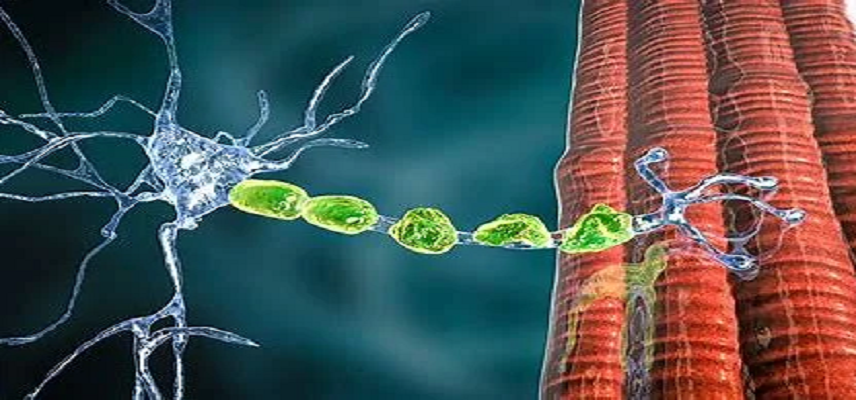
Kennedy’s Disease, a rare genetic condition primarily affecting men in their 40s, is marked by progressive muscle weakness, erectile dysfunction, and other symptoms such as tremors, gynecomastia, and muscle cramps. This inherited disorder, tied to a defect in the androgen receptor gene located on the X chromosome, has unique characteristics and poses challenges in diagnosis and management.
Why Kennedy’s Disease Only Affects Men
The condition stems from an abnormal increase in base repeats within the androgen receptor gene. While healthy individuals have 12 to 32 base repeats, patients with Kennedy’s Disease exhibit between 36 and 66, with an average of 47. This genetic defect affects motor nerves and impacts androgen hormones, leading to symptoms such as testicular atrophy, decreased fertility, and sensory loss.
When Symptoms Appear
Despite being a genetic disorder, Kennedy’s Disease typically manifests in adulthood, with most patients experiencing symptoms around the age of 45. Early signs include muscle weakness, often starting in the legs, and may be preceded by hand tremors, fatigue, or swallowing difficulties. Facial muscle weakness and bulging around the mouth are also common indicators.
How It’s Diagnosed
The most reliable diagnostic tool for Kennedy’s Disease is genetic testing, which identifies the number of abnormal base repeats. Additional tests, including nerve conduction studies, electromyography, and blood tests for muscle enzyme levels, can support diagnosis.
Management and Hope for the Future
While there is no cure or way to halt disease progression, advancements in medical research, such as gene therapy, offer hope for future treatment options. Currently, management focuses on alleviating symptoms and preventing complications. Muscle relaxants, stretching, and medications for severe tremors can help improve quality of life. Mobility aids and regular monitoring of respiratory function are crucial for maintaining independence and safety.
Looking Ahead
Kennedy’s Disease remains a rare and challenging condition, but understanding its genetic basis opens pathways for potential breakthroughs in treatment. With ongoing research, patients and families can look forward to advancements that may one day mitigate the impact of this disorder.
Stay informed with NewzHealth for the latest updates on rare diseases, treatments, and breakthroughs in healthcare.








